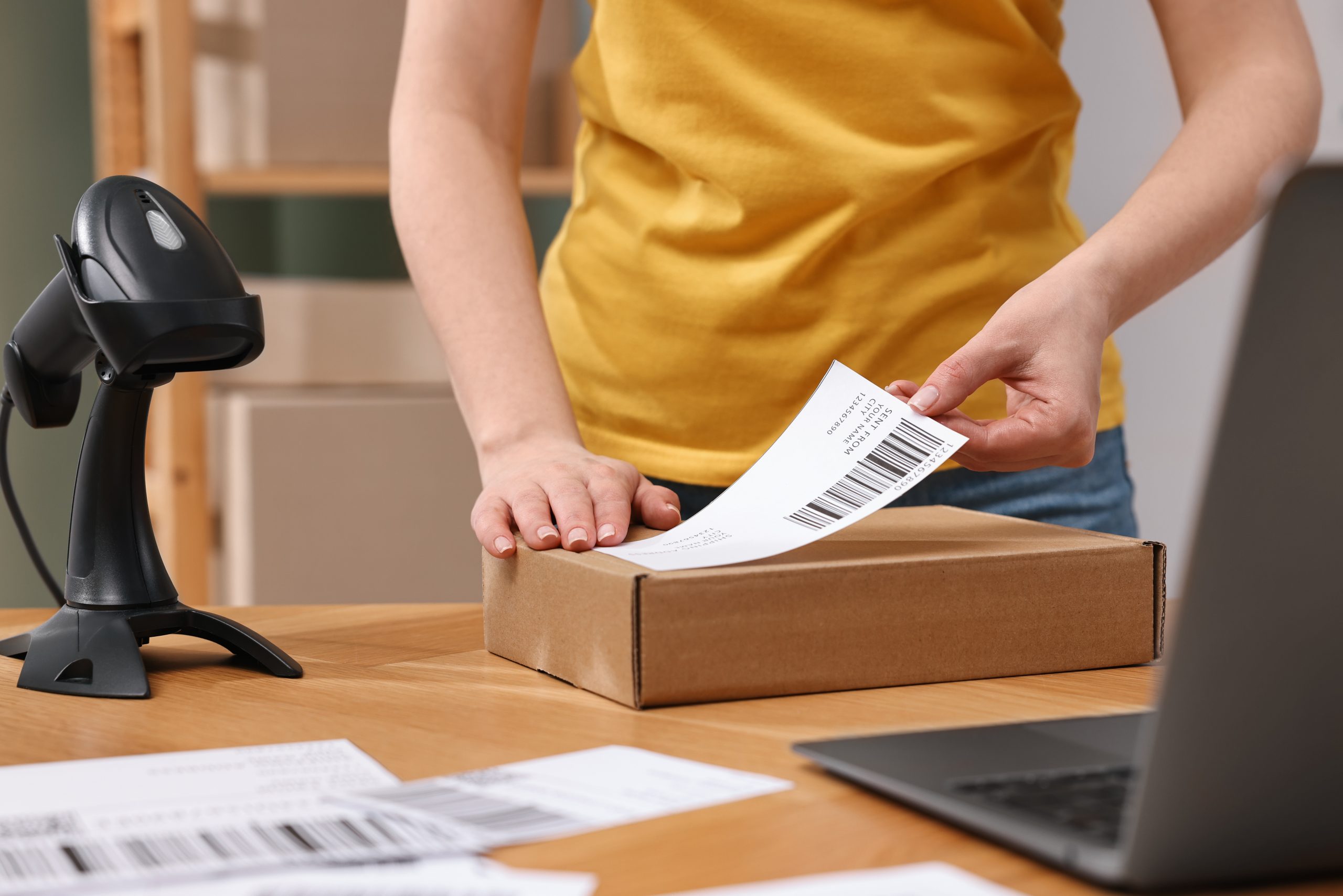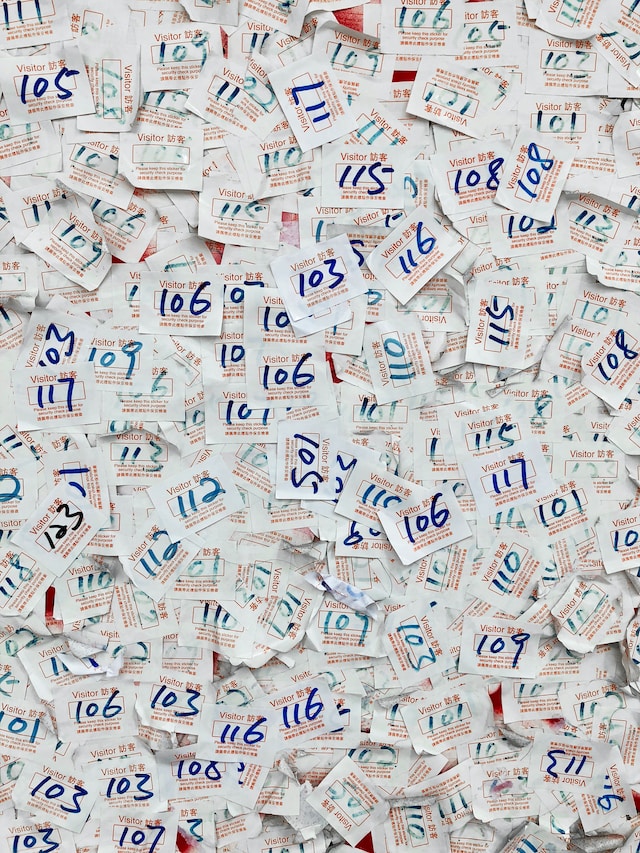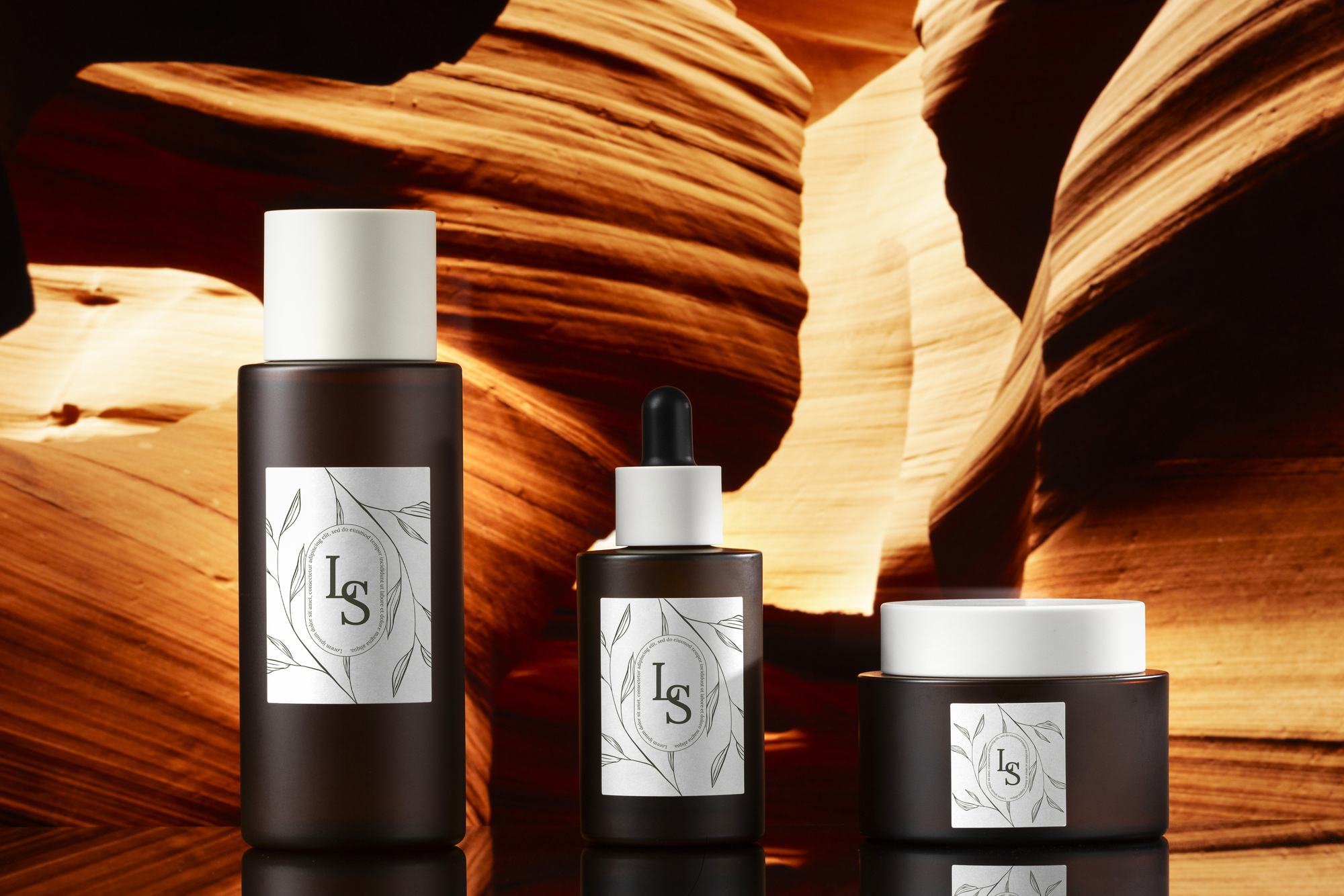Product packaging has long been recognized as a critical component of marketing and safeguarding goods. Beyond its protective function, packaging serves as a visual representation of a brand and delivers essential product information to consumers. In recent years, synthetic labels have gained prominence as a transformative force in the realm of product packaging. In this comprehensive exploration, we will delve into the manifold ways in which synthetic labels enhance product packaging, and we will examine why businesses increasingly favor this innovative solution. Quad Labels, a pioneering company specializing in synthetic roll labels, stands at the forefront of this packaging revolution.
A Deeper Dive into Synthetic Labels
Synthetic labels, as the name implies, are labels crafted from synthetic materials, in stark contrast to the conventional paper-based labels. These materials encompass a range of options, including polypropylene, polyester, and vinyl, among others. Synthetic labels distinguish themselves by their exceptional durability and resistance to an array of environmental factors, such as moisture, UV rays, and temperature fluctuations.
The Multifaceted Advantages of Synthetic Labels
- Durability and Longevity: Among the foremost advantages of synthetic labels is their remarkable durability. Unlike paper labels, which can easily tear or smudge, synthetic labels remain intact and legible even in the most challenging conditions. This longevity ensures that product information and branding remain pristine throughout the product’s lifecycle.
- Resistance to Environmental Factors: Synthetic labels are designed to withstand the harshest environmental conditions. Whether exposed to water, sunlight, or extreme temperatures, these labels do not deteriorate. Consequently, they prove ideal for products that must endure varying climates and handling.
- Enhanced Visual Appeal: The visual appeal of product packaging plays a pivotal role in capturing the attention of consumers. Synthetic labels offer a smooth and glossy finish, thereby enhancing the overall aesthetics of the packaging. This visual allure can significantly influence a consumer’s decision to choose one product over another.
- Improved Printing and Design: The quality of printing on synthetic labels surpasses that achievable with paper labels. Businesses can attain high-resolution graphics and vibrant colors, which are essential for crafting eye-catching packaging. Furthermore, synthetic labels permit intricate designs and customizations, granting businesses the creative freedom to make their products stand out.
- Cost-Effectiveness: While the initial cost of synthetic labels may marginally exceed that of traditional labels, they yield long-term cost savings. Their durability reduces the need for frequent label replacements, thereby saving both time and money in the long run.
- Eco-Friendly Aspect: In our environmentally conscious world, businesses are increasingly committed to reducing their carbon footprint. Surprisingly, synthetic labels can contribute to sustainability efforts. Many synthetic label materials are recyclable, and their longevity means fewer labels end up in landfills. This eco-friendly aspect aligns with the values of environmentally conscious consumers.
Application Across Diverse Industries
The adaptability and versatility of synthetic labels render them suitable for a wide spectrum of industries. From food and beverage to pharmaceuticals and cosmetics, synthetic labels find applications across diverse sectors. Several success stories underscore the positive impact of transitioning to synthetic labels in different industries.
Challenges and Considerations
Despite their myriad advantages, it is essential to address potential challenges associated with synthetic labels. Some consumers may harbor concerns about the synthetic materials used in these labels. To alleviate such doubts, businesses must provide comprehensive information about the safety and quality of these materials.
Selecting the Right Synthetic Label
Choosing the appropriate synthetic label for a product is a pivotal decision. Factors such as label material, adhesive type, and label size must be meticulously considered. Collaborating closely with label suppliers and manufacturers empowers businesses to make informed choices that align with their unique packaging requirements.
Pioneering Future Trends in Product Packaging
As technology continues to advance, new vistas open up in the realm of product packaging. Emerging technologies, including augmented reality and smart packaging, are poised to revolutionize the industry. Synthetic labels will undoubtedly play a pivotal role in these innovations, ensuring that product packaging remains both functional and visually captivating.
In summary, synthetic labels have emerged as a game-changer in the realm of product packaging. Their durability, resistance to environmental factors, enhanced visual appeal, and cost-effectiveness render them the preferred choice for businesses spanning various industries. While challenges do exist, informed decision-making and effective communication can successfully address them. As we cast our gaze toward the future of packaging, it is evident that synthetic labels will continue to play a central role in elevating product presentation and protection.



